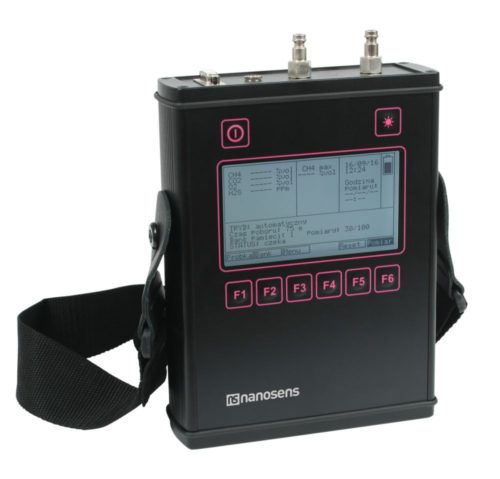Syngas
Syngas, or synthesis gas, is a mixture of hydrogen and carbon monoxide in various proportions. The gas often contains some carbon dioxide and methane. It is mainly used for the production of ammonia or methanol. Syngas is flammable and can be used as fuel. Historically it has been used as a replacement for gasoline when gasoline supply was limited; for example, wood gas was used to fuel cars in Europe during World War II (in Germany alone, half a million cars were built or rebuilt to run on wood gas).
Syngas is produced by steam reforming or partial oxidation of natural gas or liquid hydrocarbons or coal gasification. Biomass and related hydrocarbon feedstocks can be used to generate biogas and biochar in waste-to-energy gasification plants. Production of conventional synthesis gas (mainly H 2 and CO) from waste biomass was investigated.
Syngas is used as a hydrogen source and fuel. It is also used to directly reduce iron ore to sponge iron. Chemical uses include the production of methanol, which is a precursor to acetic acid and many acetates; liquid fuels and lubricants in the Fischer-Tropsch process, and previously in the Mobil methanol to gasoline process; ammonia in the Haber process, which converts atmospheric nitrogen (N2) into ammonia used as fertilizer and alcohols via an intermediate aldehyde.

